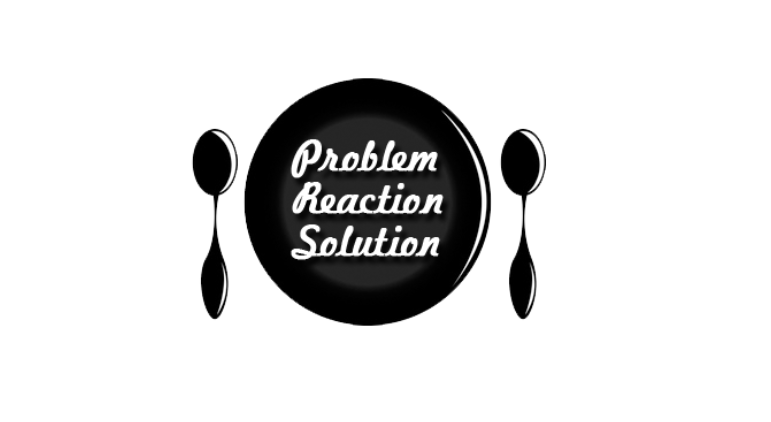Anyone who seeks a better understanding of the seemingly unexplainable conflicts and events taking place in and around the world should learn more about the modern-day application by our “rulers” of what is known as the Hegelian Dialectic (problem, reaction, solution). The first step (thesis) is to create a problem. The second step (antithesis) is to generate a reaction, or opposition, to the problem (fear, panic and hysteria). The third step (synthesis) is to offer the solution to the problem created by step one: A change which would have been impossible to impose upon the people without the proper psychological conditioning that is now achieved in stages one and two.
When our “rulers” see a result they would like to have, whether it be increased domestic authoritarian rule (think of all the current hot-button issues being generated about race, gender, guns, free speech, political correctness, health and privacy) or a war abroad that solidifies their power, dominance and control – all they have to do is devise a problem that will lead to the outcome they want. This is commonly done through false flag events and attacks, where the government of a nation attacks itself so that it can respond in the way that it had wanted to all along, because it’s only through those attacks where citizens will ultimately give in and agree to their planned solution. We want to think that there is no way this could be allowed to happen by our own government, but can we really be so sure?
Think about it, on a much lesser plane, people utilize the Hegelian Dialectic without even realizing it. Someone doesn’t feel they’re getting the attention they need or deserve from others (problem). They create some sort of drama, tragedy or sickness in their life (reaction). Others start showing them the attention that they wanted to begin with (solution). How much more can this process of manipulation actually be magnified when it corresponds with more wealth, corruption and power than most of us can even imagine?
So, when we are presented with something rather outlandish taking place on the news, maybe we should first ask ourselves if it really even makes much sense. It might just yet be another example of the Hegelian Dialectic playing out right before our very eyes. It may better serve us to take a moment to try and determine what the real agenda could be from those who are in control (problem) before blindly jumping on board (reaction) and supporting their resolution (solution).
At least, that’s my opinion.
[If you enjoyed this post, please feel free to share on Twitter, Facebook or other media!]


excellent post: short & simple & right on target. I just now tweeted it. @publiushuldah